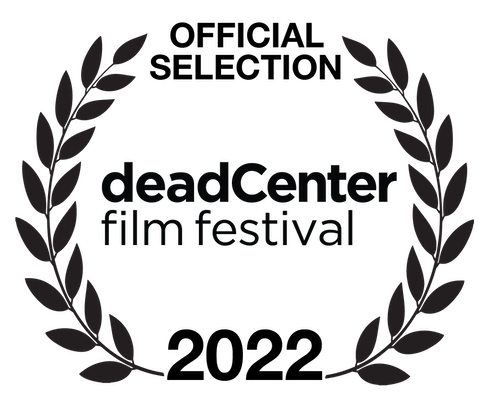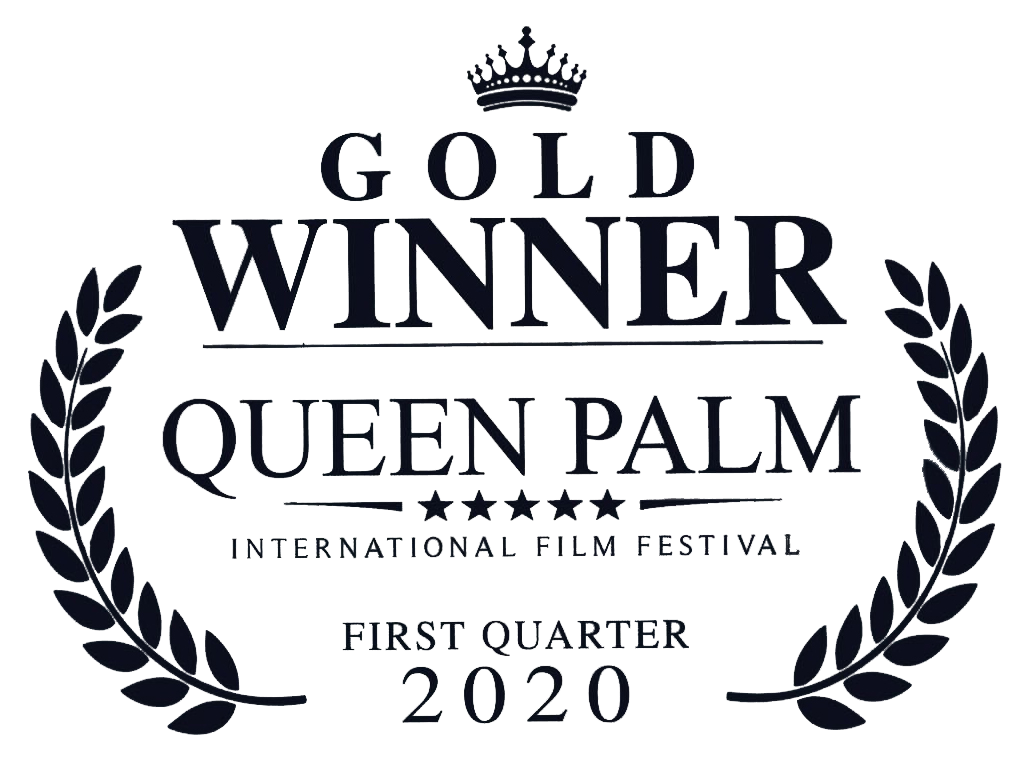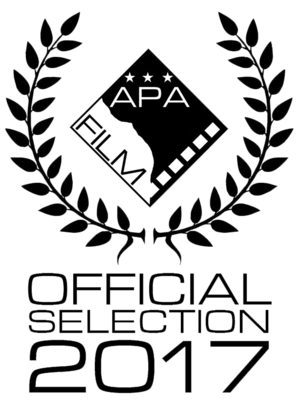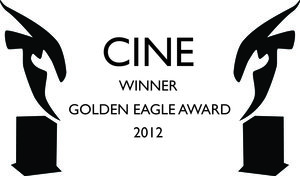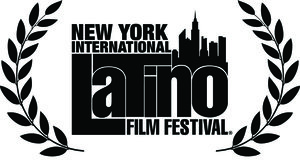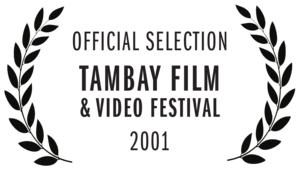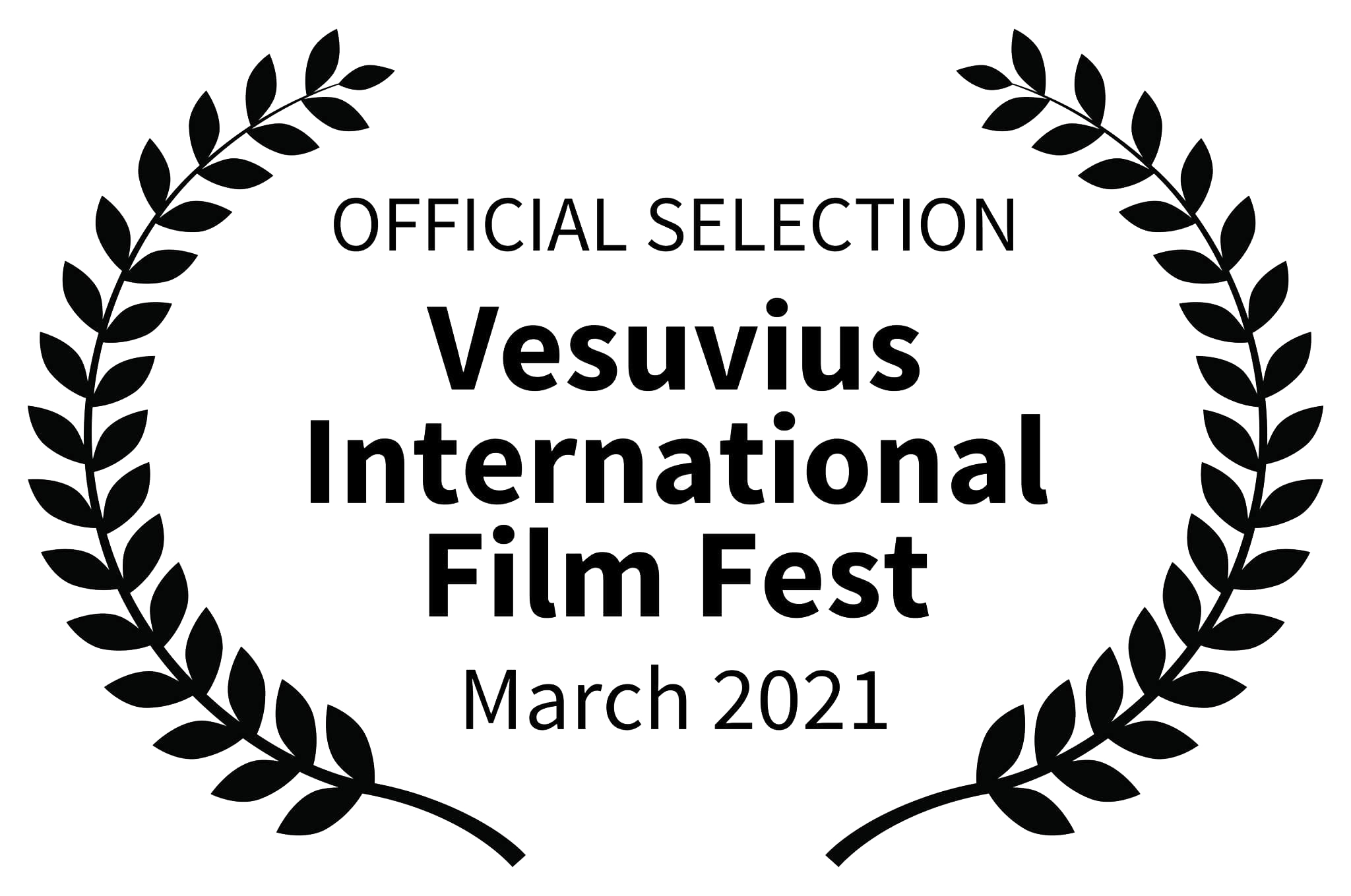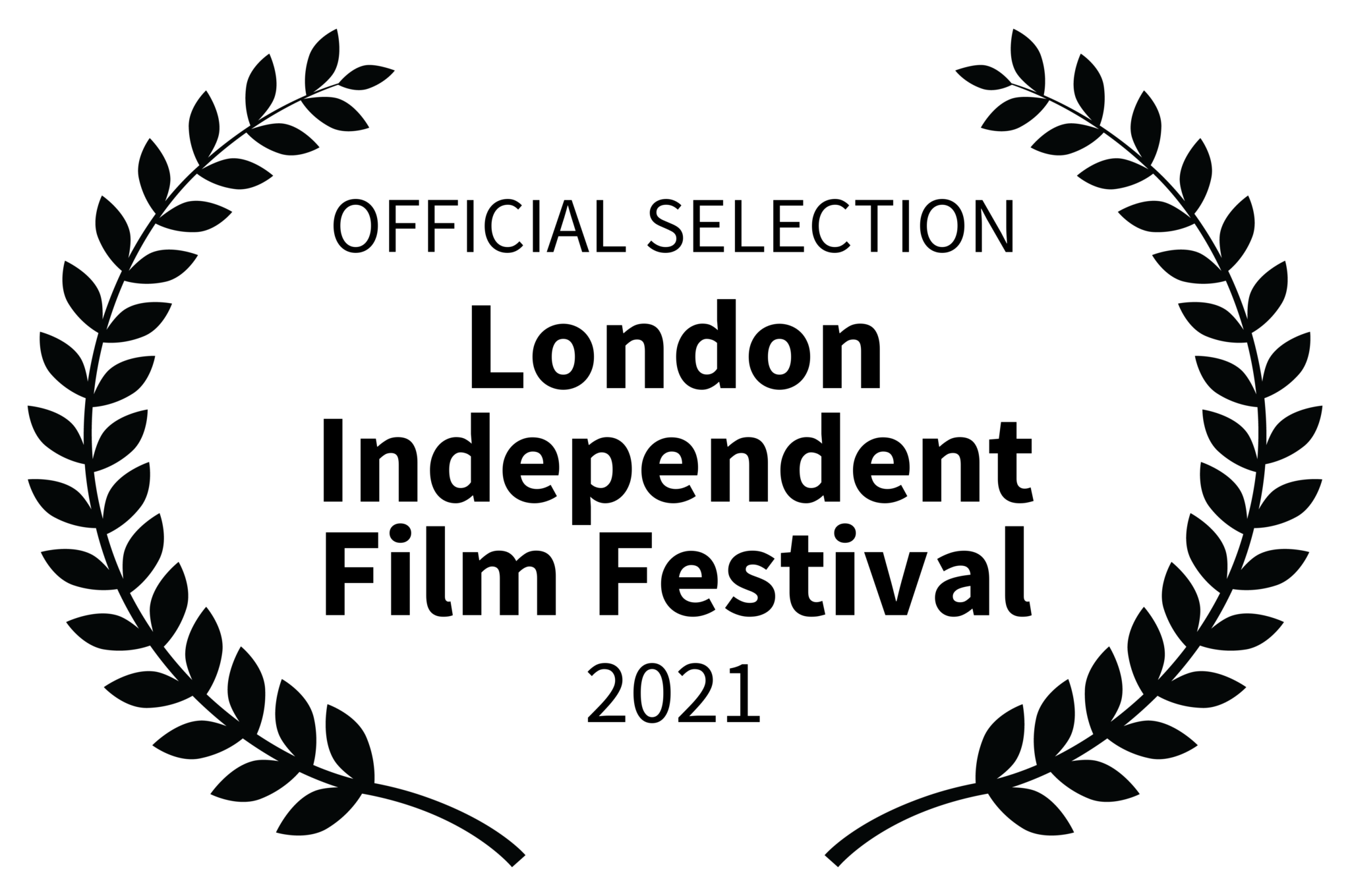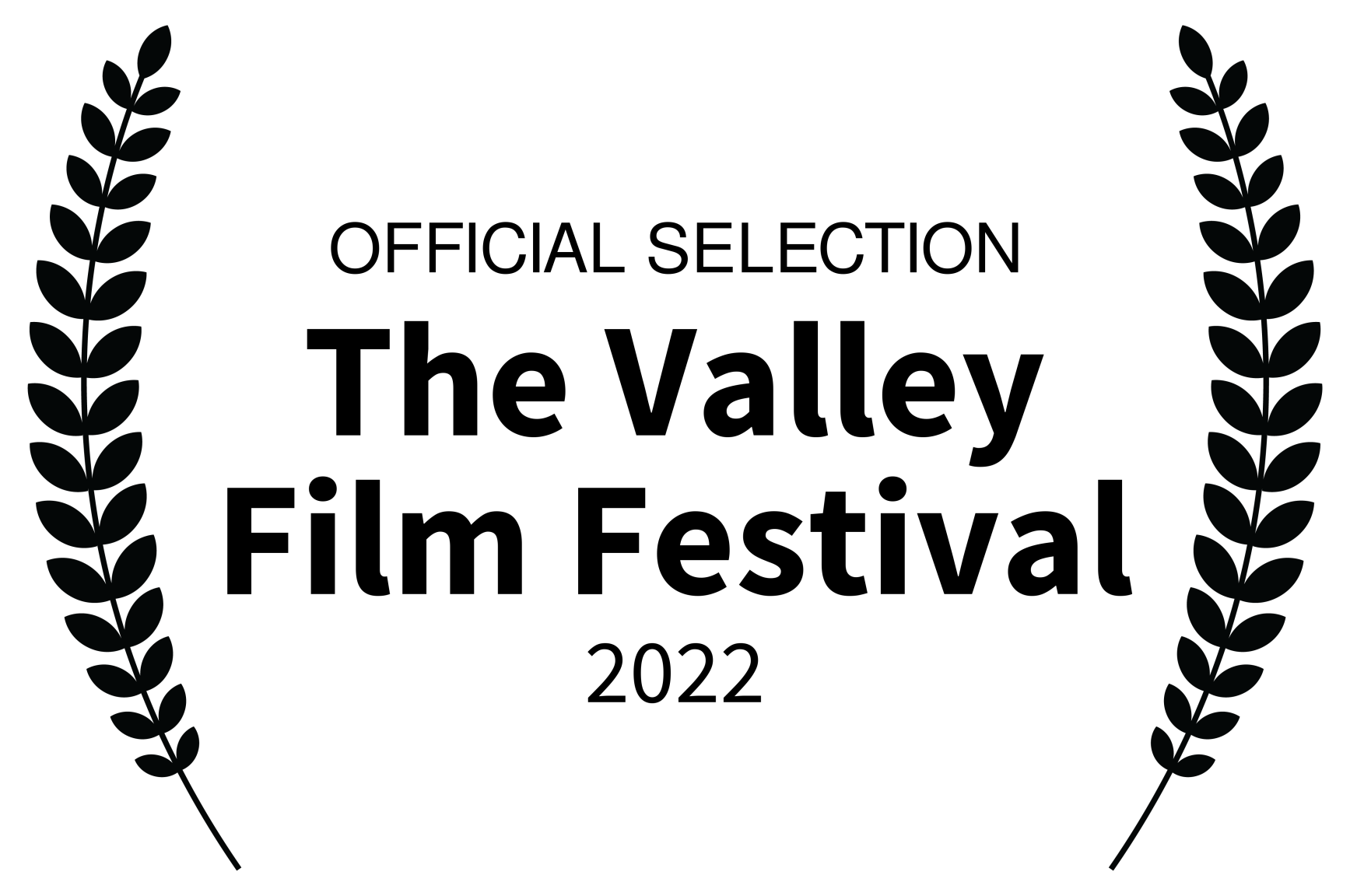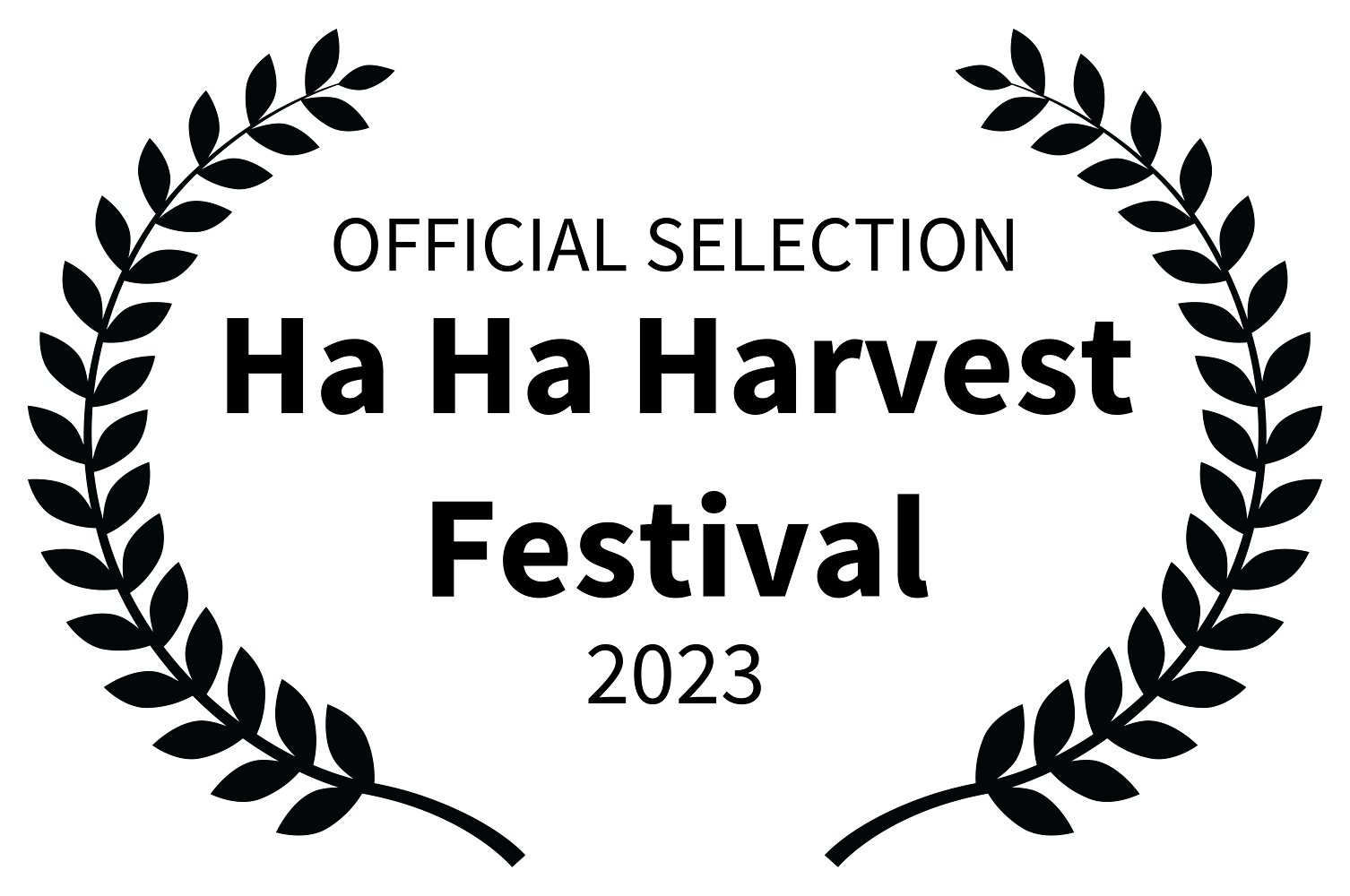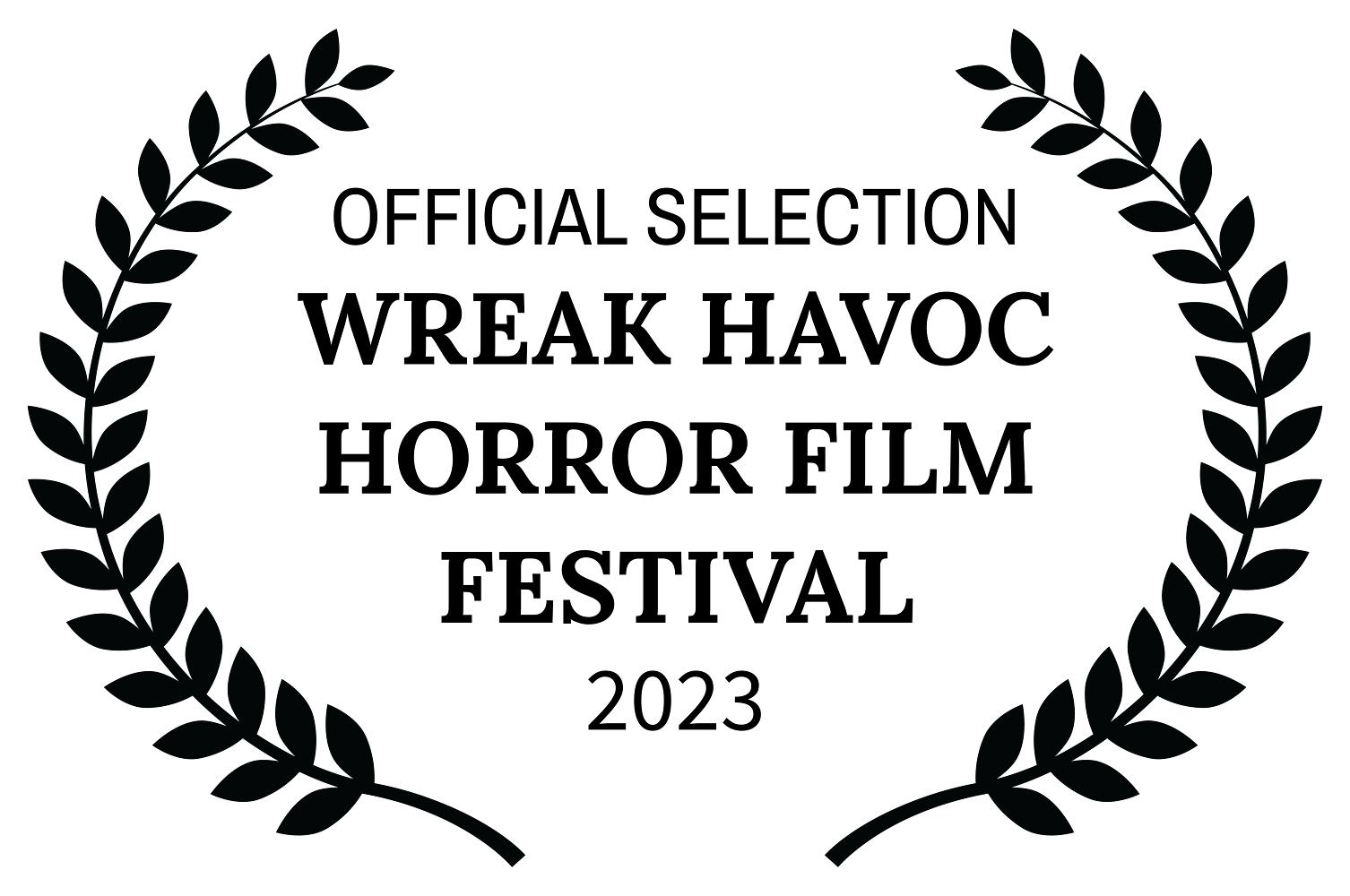Desk Drawers on Fire
/This one's for those of you who are interested in a career in composing for media.
Having just finished a large-ish project, I thought it would be a good time to reflect on the kinds of challenges you might expect to face as you take on your first full-fledged work. I'll use some examples from the last few weeks of my life to give you a sense of the unexpected problems you will inevitably face along your own path to fortune and glory.
Not that I'm saying these exact things will happen to you—I sincerely hope they won't—but it's a mortal lock that something is going to crop up that you'd never anticipated. I hope that, reading how I handled my particular set of problems, you'll think up some safeguards, redundancies, action plans, etc. to help you through your own crises, regardless of their size. More than that, though, I hope this blog post will help to put you into a mindset of proactive problem-solving: anticipating what problems might occur and handling them beforehand, so that when the unexpected does strike, you can give it your full attention… rather than having to split your energies between the real emergency and the boneheaded screwup you should have handled a month ago.
It's a crucial component of professionalism, this habit of anticipation. Mike Post once said, of producers, that they had very big desks with hundreds of drawers… and inside every drawer there was something on fire. The producers' job was to go around and put out all the fires. (He also said that the composer should strive to be the one 'drawer' the producer was confident he never even had to check… the one drawer that was never on fire.)
Besides being good advice for the outward-facing part of our job, Mike's metaphor also applies—if you twist it a little—to our internal issues. We composers have a little miniature version of that producing job. We, too, face a bunch of "desk drawers" that might, at any point, catch fire. And the more fire-proofing we can do in advance, the better off we are.
So, with all that in mind… time for a few war stories.
First up: my studio's air conditioning, which gave out on a Tuesday around lunchtime. For a bad thing to happen, it could have been much worse: the repairman was able to fix it by the following afternoon, and during the lost day I was able to work for several morning hours before the heat became too uncomfortable. If this had happened in, say, late August, I would have been in a world of trouble. Summer temperatures are brutally hot where I live, and finding a local A/C repairman who's available on short notice during a heat wave? Unicorn hunt.
Total studio time lost: ±8 hours
Next comes a happier interruption. I reached out to a friend of mine who posted on Facebook that he's crewing up for a big shoot. Having asked him if he needed music (why yes, he probably would, now that I mentioned it!), I began a process which would eventually include a series of phone calls, the creation of a custom music demo package, and a fairly lengthy e-mail thread with my agency. This one I could have avoided, sure—but it was a connection I was eager to re-forge (I really enjoy working with this particular filmmaker, and it's the first time in a long time we've had the opportunity), and you have to take the opportunities where you find them.
Total studio time lost: ±6 hours
Along the same lines, I was asked for a demo by a random person in my life, whose son has taken on a new position at a production company. For something like this, I have materials ready-made, but they still have to be gone through to make sure they're current (it's not often I send out physical media anymore—!), printed, assembled, etc. My terrific assistant, DJ, takes care of most of this, but I still have to keep my eye on it. And in this case, I had to hand-deliver the finished demo, which led to a very enjoyable chat that lasted for about an hour.
Total studio time lost: ±3 hours
Here's the last one, and the toughest one to write about. During the final couple of weeks of work on the project, I ended up making several trips to the vet's office and various pet supply stores. One of my cats has been sick, and was eventually diagnosed with lymphoma. Of course, I'm devastated, and—just to keep this relevant to this post—I've spent lots of time trying to make my cat as comfortable as possible. Those are hours I would have been spending in the studio, keeping everything nicely on schedule.
Creating music is tough when all you can think about is the tight knot in your chest and your sick, lurching stomach. Choking back the inevitable ugly cry for one more minute… one more phrase… one more mix session is no fun. If I'd had to deal with any avoidable studio drama at the same time, it would have destroyed me. You may be made of sterner stuff—and good for you, I guess, if you are. Me, I needed time to process, time to be upset and stare out the window, and then I got on with it… because that's all ever is to do. You work slower, and you take more breaks. Because of course you do. But you keep at it, because you understand that, on Day One of the mix, there's either a result or an excuse. No one cares about the latter, no matter how legitimate it is.
Total studio time lost: ±12 hours
Total emotional cost: incalculable
Final thoughts: All things considered, and personal sadness aside, this was a very easy and enjoyable project. My interactions with the filmmakers were universally positive, enthusiastic, and encouraging; notes and revisions were minimal; and there were no major hardware meltdowns or software glitches. I didn't lose so much as a byte of data along the way. No coffee was spilled on a circuit board; no last-second mad dashes to the Apple Store were needed.
The things I shared with you in the above paragraphs were all, without exception, externalities that couldn't have been dealt with ahead of time. And that's the point: I took care of the stuff that I could think of, so that I'd have the bandwidth to take care of the stuff I couldn't. That's something I think about regularly between gigs… and notice I didn't say "between jobs"—because this whole process is an important part of the job.
Next blog post, I'll share a few things I do to "fireproof" things around here.

















